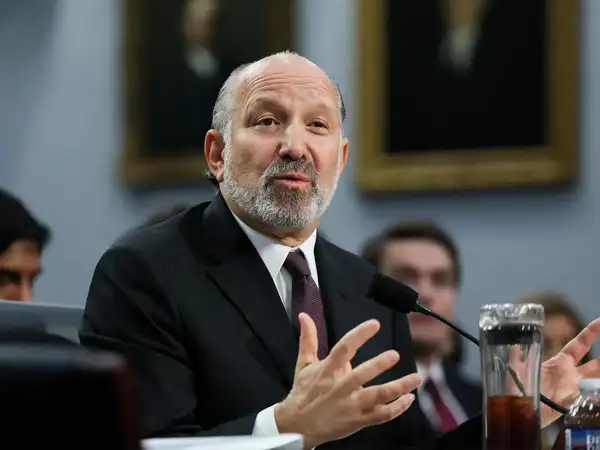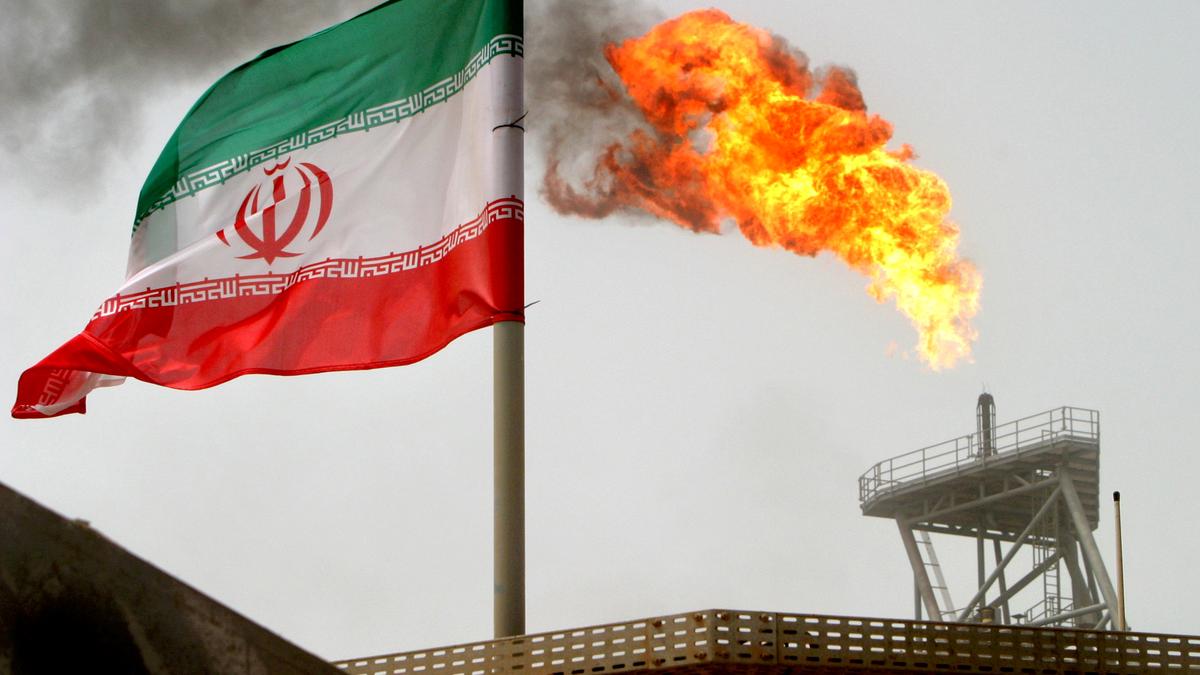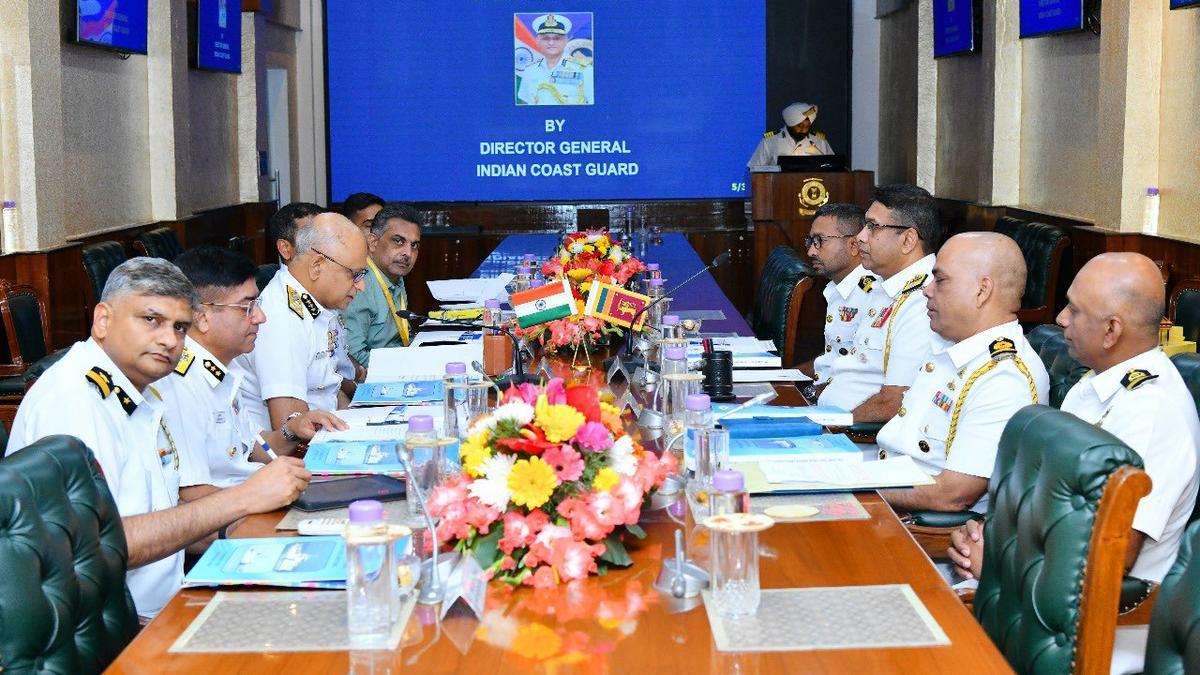



2025 marks significant anniversaries for peace initiatives, including the 80th anniversary of the first nuclear test, 70th anniversary of the Russell-Einstein Manifesto, and Avadi resolution. India can promote nuclear disarmament and peace by hosting a peace conference, promoting negotiation, and developing an Action Plan.

Copyright infringement not intended
Picture Courtesy: THE HINDU
India should lead global peace efforts by hosting a conference to prevent mass annihilation and reflecting on past peace initiatives to save humanity.
2025 marks significant anniversaries related to peace initiatives.
It's the 80th year of the first-ever nuclear test, conducted by the U.S. in 1945. This year also marks the 80th anniversary of the bombing of Hiroshima and Nagasaki, which led to immense devastation.
It is the 70th anniversary of the Russell-Einstein Manifesto, which called for the global abolition of nuclear weapons.
70th anniversary of the Avadi resolution passed by the Indian National Congress, which highlighted the need to prohibit atomic and hydrogen bombs for the survival of humanity.
These milestones remind us of the constant threat nuclear weapons pose to global peace and the urgent need for action.
The Russell-Einstein Manifesto issued in 1955, was a critical call for humanity to recognize the dangers of nuclear weapons.
It was led by Bertrand Russell and Albert Einstein, the manifesto urged world leaders to take immediate steps to prevent nuclear disaster.
It urged for a fundamental shift in global politics to prioritize peace and survival.
The manifesto's iconic phrase, “Remember your humanity, and forget the rest,” has become a symbol of moral clarity in the nuclear debate.
The Avadi resolution was passed by the Indian National Congress in January 1955, was one of India’s earliest and most significant statements on global disarmament.
The resolution recognized the severe threat posed by nuclear weapons to civilization and called for the total prohibition of atomic and hydrogen bombs.
It also called the United Nations’ Disarmament Commission to address the issue, and to inform the global public about the catastrophic potential of nuclear war.
Since the Cold War, the number of nuclear weapons has significantly decreased, from around 60,000 to roughly 12,100 in 2024.

While nuclear weapons countries have reduced their arsenals, the world still faces the risk of nuclear conflict due to geopolitical tensions, such as the current situation between Russia and NATO, and the ongoing nuclear threats in regions like Israel-Palestine.
There is a growing concern that non-state actors could gain access to nuclear technology, including through cyber and artificial intelligence channels. The risk of a nuclear catastrophe is far from over, and the world remains in a state of dangerous denial about the potential consequences.
As a nuclear power, India is in a unique position to promote nuclear disarmament and peace initiatives.
The Avadi resolution and Rajiv Gandhi's 1988 ‘Action Plan for a Nuclear Weapons Free and Non-Violent World Order’ reflect India’s long-standing commitment towards peace.
India can prevent nuclear annihilation by leading the global charge for a comprehensive peace conference, promoting negotiation between conflicting parties like Russia and Ukraine, and developing a new Action Plan that includes concrete disarmament measures and global cooperation.
India can initiate a movement to “remember humanity” and ensure that the world does not descend into self-destruction due to nuclear weapons.
As a nuclear-armed state, India holds significant responsibility in guiding global disarmament efforts.
India can lead a new initiative for peace and disarmament to prevent further escalation and ensure a safer, more stable world for future generations by promoting peace and disarmament.
Must Read Articles:
Source:
|
PRACTICE QUESTION Q.What role does India play in advancing sustainable development goals for global peace? 150 words |




© 2025 iasgyan. All right reserved